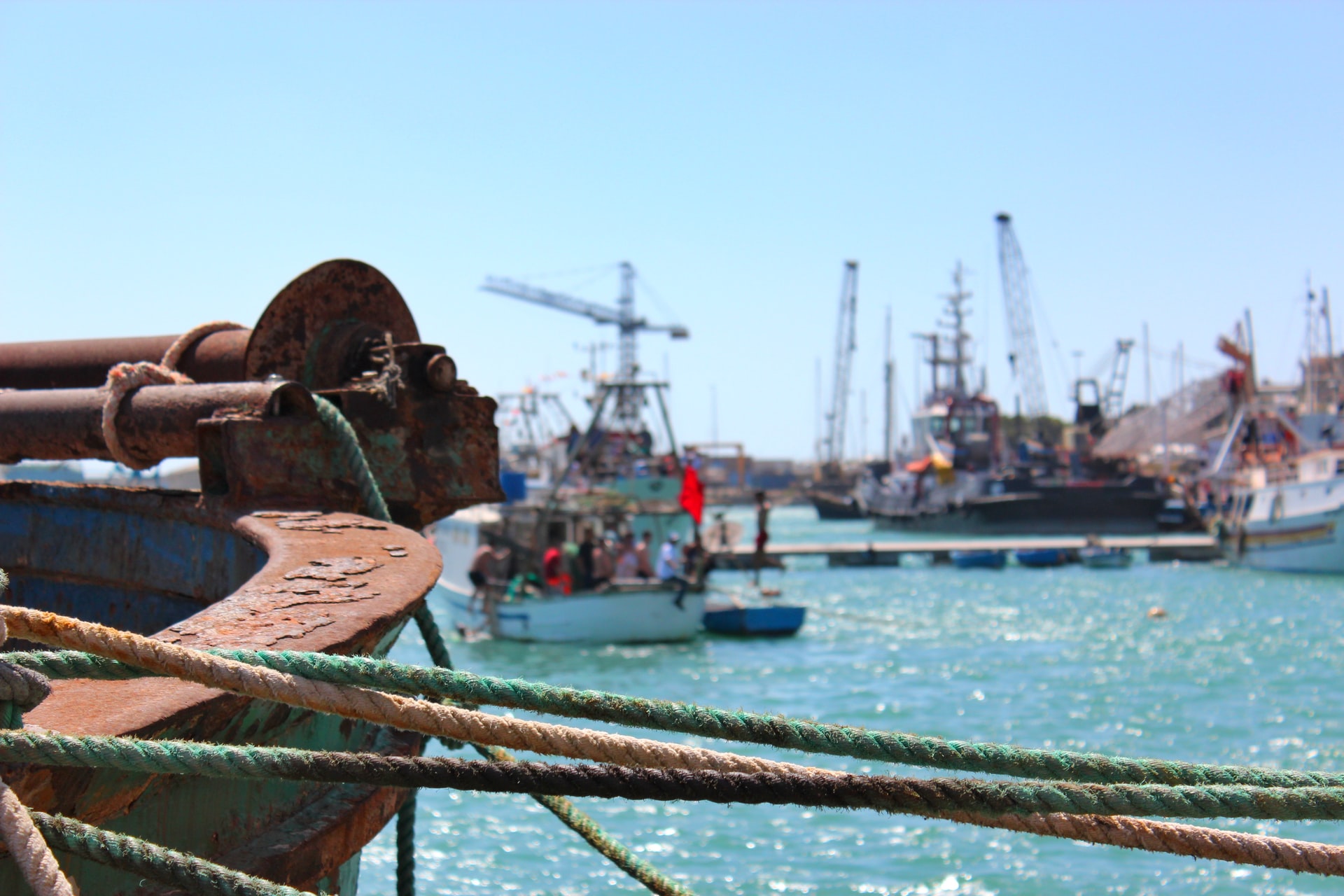
New study demonstrates extent of labour abuse and illegal fishing risks among fishing fleets. Of more than 750 ports assessed around the world, nearly half are associated with some risk of one or both practices
Academics from Stanford University and Stockholm University’s Stockholm Resilience Centre have identified the regions and ports at highest risk for labour abuse and illegal fishing. The findings, published in Nature Communications, indicate two main risk factors: the country that a vessel is registered to, also known as its “flag state,” and the type of fishing gear the vessel carries onboard. The results offer policymakers and regulators a set of vessel characteristics and regions to pay more attention to when sourcing seafood.
The study is welcomed by the members of SeaBOS since it will offer additional guidance in their science-based efforts to combat labour abuse and illegal, unreported and unregulated (IUU) fishing.
“The ten largest seafood producers in the world have undertaken to reduce the risk of IUU fishing and labour abuse in their operations as part of their commitments to ocean stewardship through the SeaBOS initiative. They have asked us to help them prioritize their voluntary actions and this study represent our assessment of how they can identify potential labour abuse and illegal fishing from their supply chains,” said co-author Henrik Österblom, science director at the Stockholm Resilience Centre, a founding science partner to SeaBOS.
Specifically, the study will feed into defined actions on:
1. Voluntary procurement actions Task Force I (pdf): these establish science- and industry-based options for addressing and mitigating those identified risks.
2. Statement on Traceability and Port State Measures (pdf): this extends beyond SeaBOS and encourages government actions such as effective implementation of the Port State Measures Agreement; identified as one of the key mechanisms to address IUU fishing and labour abuse.
3. Alignment with others towards achieving the same goals, as highlighted in press release on Traceability and Port State Measures (pdf) which included:
a. Global Dialogue on Seafood Traceability (GDST)
b. International Seafood Sustainability Foundation (ISSF)
c. Global Sustainable Seafood Initiative (GSSI)
d. Global Tuna Alliance (GTA)
Enhancing due diligence
“The publication of this paper is a prime example of SeaBOS’ ability to leverage between science and industry. The science informs on the environmental/social impacts on the water and in ports so that industry can take transformational actions to adopt relevant procurement protocols. This is the dynamic of the SeaBOS model in action,” said José Villalon, Corporate Sustainability Director at Nutreco, and SeaBOS Task Force leader on addressing IUU fishing, endangered species, and forced labour.
Co-author Professor Jan Bebbington from Lancaster University Management School and head of the Pentland Centre for Sustainability in Business added: “This study provides two insights from a corporate perspective. First, the data in the paper supports companies as they seek to understand if they are operating or sourcing in places where risks of illicit fishing activity exists. This knowledge will allow companies to enhance their due diligence activities, for their own benefit and for the benefit of the seafood system as a whole. The second important finding from the work is that ports – that are themselves organisations of various kinds – influence ocean risk through their own due diligence actions and wider governance roles. This means that ports have a very important role in supporting ocean stewardship.”
Summary of the study
- A new modeling approach combines machine learning and expert knowledge to map regions and ports most at risk for illicit practices like forced labour or illegal catch, and identifies opportunities for mitigating such risks.
- Of more than 750 ports assessed around the world, nearly half are associated with some risk of one or both practices.
- Using machine learning, the team identified higher-risk regions associated with transshipment, where crew and catches are exchanged between vessels, and at sea.
- Coastal regions off West Africa, Peru and the Azores had higher risks for labor abuse and illegal, unreported and illegal
- The model indicates that vessels registered to countries that have poor control of corruption, vessels owned by countries other than the flag state and vessels registered to China have a higher risk of engaging in illegal activities.
- The new assessment can help large seafood companies identify and remove potential labour abuses and illegal fishing from their supply chains.
The research was supported by The David and Lucile Packard Foundation, the Walton Family Foundation and the Gordon and Betty Moore Foundation.
